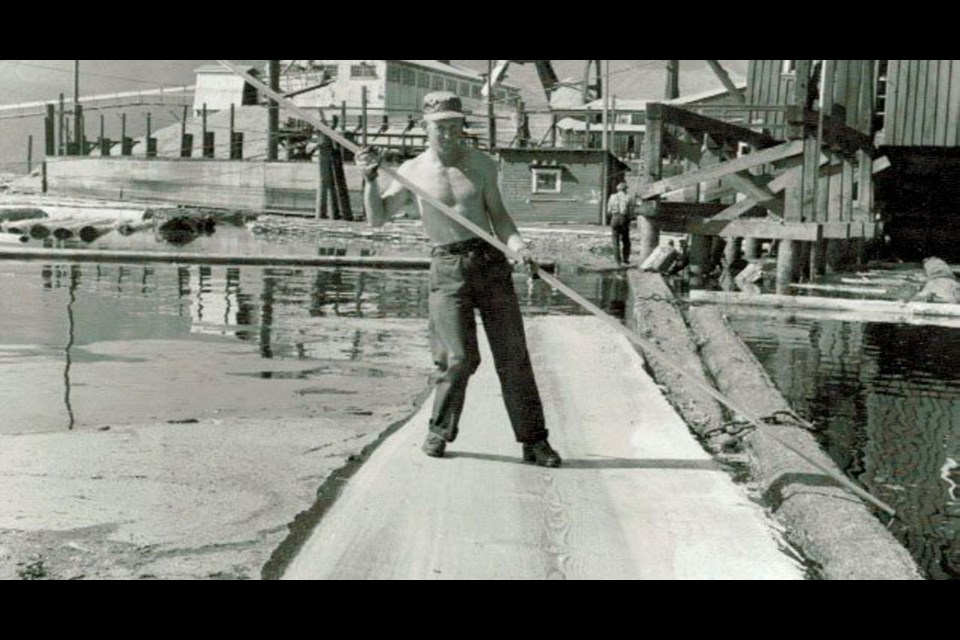Self-preservation doesn’t just describe the objective of thousands of forestry workers in British Columbia in an increasingly globalized economy over the past three decades.
It also refers to an artistic and historical project undertaken by the Cowichan Lake Community Forest Co-operative that will bring one of the logging industry’s legendary archivists back into the spotlight.
The co-operative is challenging retired and active loggers on Vancouver Island to support an expansion of the Kaatza Museum in Lake Cowichan.
It would house the photo collections of Wilmer Gold and the International Woodworkers of America.
The $110,000 initiative would preserve, in controlled refrigeration, more than 1,000 negatives that make up the Gold photographic collection.
“On southern and central Vancouver Island, we have a rich history in the logging and forest industry, and Mr. Gold ended up being the pre-eminent photographer of our cultural and work history,” said Patrick Hrushowy, consultant to the co-operative.
“It’s old technology, and most of the black-and-white photos taken so long ago have disintegrated, but the negatives have been saved.”
Co-op chairman Lorne Scheffer said Gold’s photograph collection is one of the best around that illustrates the historic tradition rooted in the forest industry.
“We exist as a forest co-operative to deliver benefits to local communities and local loggers — and all workers in the forest industry — and we believe it’s important to preserve this historic record,” Scheffer said.
Gold, whose works appeared in Time, Life, Look and Maclean’s magazines, earned renown for his photographs tracing the lives of loggers and evolution of logging on Vancouver Island.
The Alberta-born photographer moved to Vancouver Island in 1934, settling in Youbou, where he towed a mobile custom-built photo lab and used a New Century glass plate camera and Graflex field camera.
He also lugged around his tripod, light meter, focusing cloth, sensitized plates, film and developing chemicals, and later bought a Rolleiflex that he used for years.
The co-operative has pledged to match every personal donation made toward the project before the end of 2015, to a maximum of $30,000.
